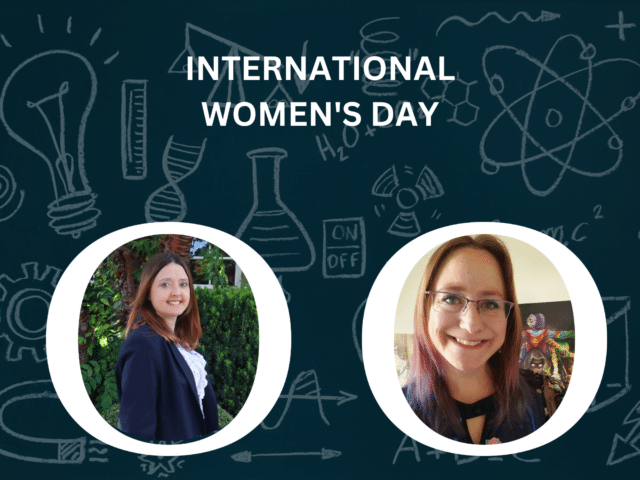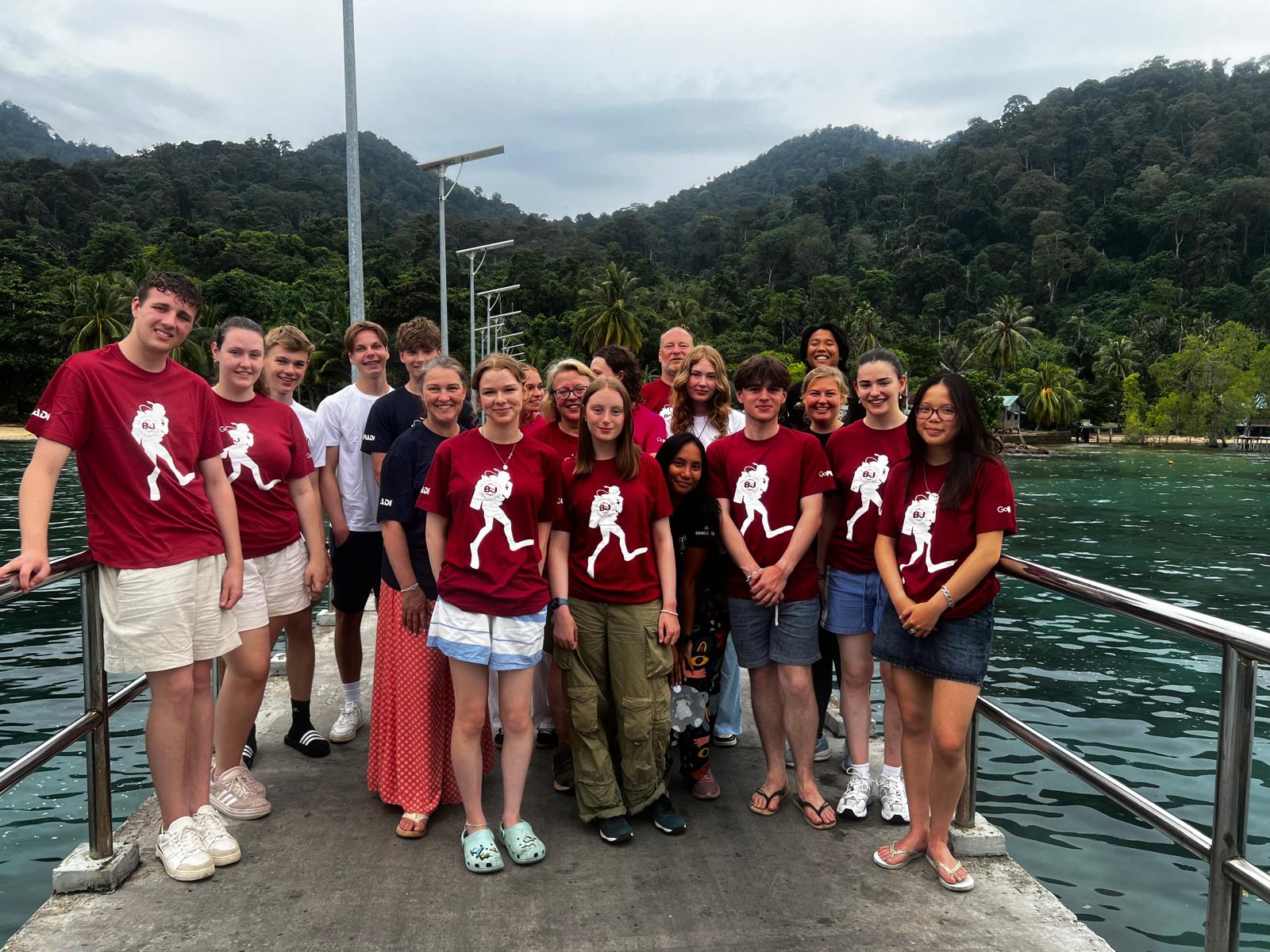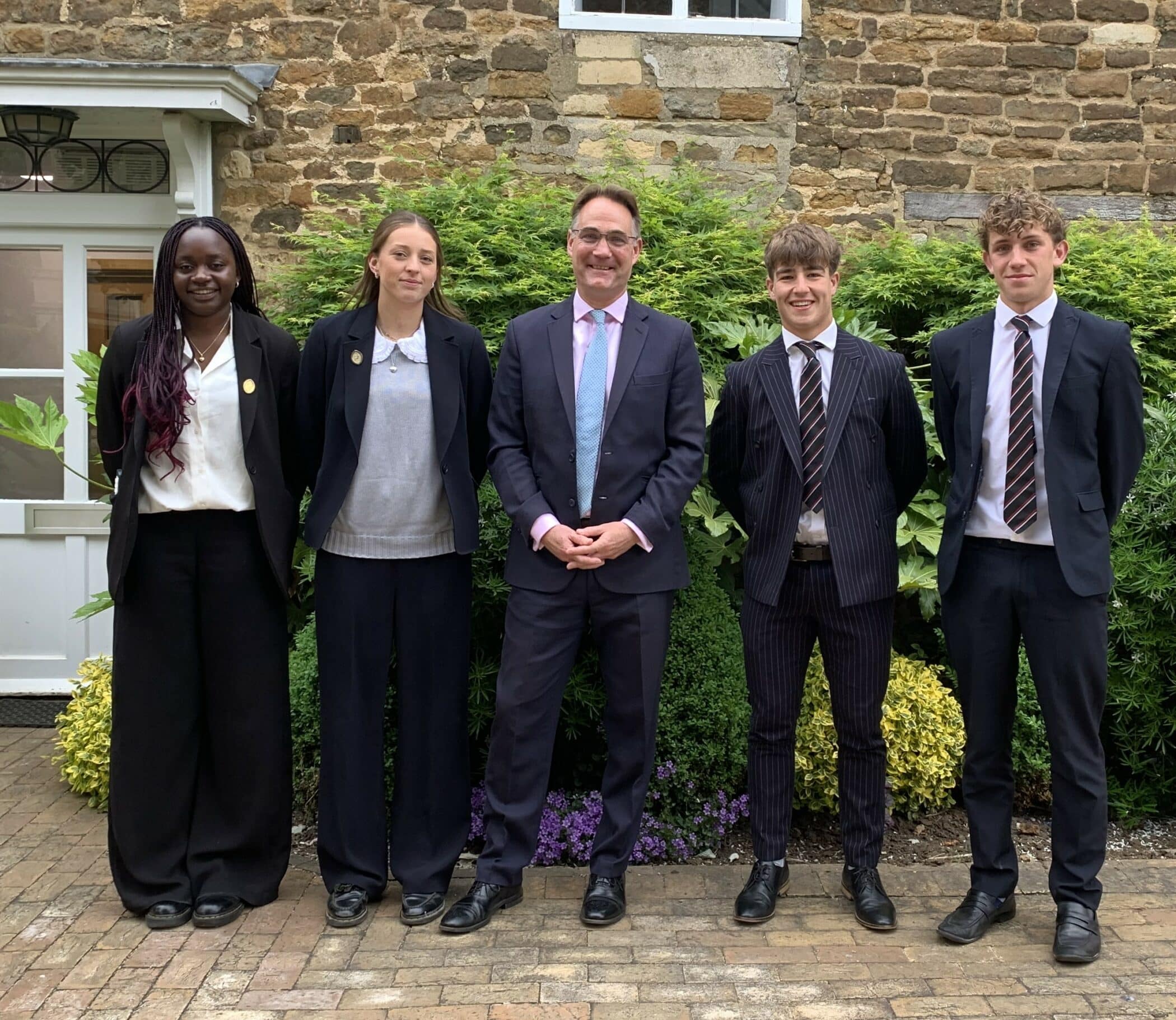
What are we doing to get more girls studying STEM subjects, and what are your thoughts on the wider problem of not enough girls studying the subject?
Natasja Deacon, Head of Computer Science
Research shows that boys and girls perform very similarly in STEM subjects, and in fact, in the 1940s and 1950s women made up an equal part, if not a major part, of the Computer Science workforce. If we look back in history, women’s names are attached to most major technological breakthroughs. In the 1960s and 1970s, programming and data entry were considered softer skills and gender disparity began to emerge. By the 1980s and 1990s Personal Computers, which were largely marketed at men, assisted with the continued widening of the gap. In the 2000s, efforts have been made to resolve this issue, but in 2019 women still only accounted for 23% of the Computer Science workforce despite the statistics showing more women are achieving Computer Science undergraduate degrees than men.
It would be more beneficial to have representatives of both genders teaching and influencing, encouraging students to notice the work done by the person rather than the gender. However, this is still far in the future, and for now, we are still at the positive discrimination stage. So, we continue with Ada Day, International Woman’s Day and highlighting the work amazing woman do in our industry. I hold out hope that one day soon this will no longer be necessary.
Hannah Edwards – Teacher of Physics
In Physics we’re trying hard to get girls to see that Physics is a viable option and *isn’t* just male-dominated. It is a huge problem and self-propagating. I’m working hard to get posters made for our corridors so that female (and POC, LGBT etc) students can see that there ARE a lot of people like them out there doing science and being brilliant at it. It just doesn’t get mentioned often enough for people to recognise that they have a place.
What advice would you give to girls interested in a career in STEM?
Hannah Edwards, Teacher of Physics
Just do it. Ignore everyone else. You’re an excellent scientist and people WILL talk down to you because of your gender. Don’t bow down to them. Show them we’re just as good.
Natasja Deacon, Head of Computer Science
If a girl came and told me they were interested in a STEM subject, I would give them the same advice I give anybody. Whatever you choose to do, make sure you do it to the best of your ability. Aim to be a leader in your field, apply to the best universities, apply for the best jobs within your experience, learn what to do from the best and what not to do from the others.
What career options are available to students (in your subject area)?
Natasja Deacon, Head of Computer Science
The career paths in Computer Science are boundless and with each new technology new careers are forged.
A few options are Software Developer, Computer Systems Analyst, Database Administrator, Stack Overflow Architect, Web Developer, IT Project Manager and Artificial Intelligence Developer.
Hannah Edwards – Teacher of Physics
In Physics, the career options are huge. Most physicists don’t go into physics, but instead end up in finance; in the last year of my degree, the Big Guys (Deloitte, KPMG, BAE Detica etc.) all loomed on the horizon looking to cherry-pick Physics students, because we have the maths skills but also the application skills. Engineering, teaching, military, automotive, aerospace, healthcare, computing…, all of these are things that you can get with just Physics.
Which female role models do you have in mind in your subject area?
Natasja Deacon, Head of Computer Science
Admiral Grace Hopper: Credited with designing the first language complier in 1952, Hedy Lamarr, Hollywood actress who pioneered the technology that forms the basis for WiFi and GPS, Danah Boyd who works on issues like accountability in machine learning and media manipulation, a hot topic right now.
Hannah Edwards – Teacher of Physics
There are so many role models. Most recently I would point out Katie Bouman who helped develop the code that got us the best picture so far of a black hole just a couple of years ago. Going back further we have Henrietta Leavitt who found a way to measure distances to galaxies millions of light years away. Obviously Marie Curie with radioactivity, Jocelyn Bell Burnell, Archana Sharma (the only female Indian scientist involved in the discovery of the Higgs boson), and of course the amazing Hedy Lamarr, who Natasja mentions above.




